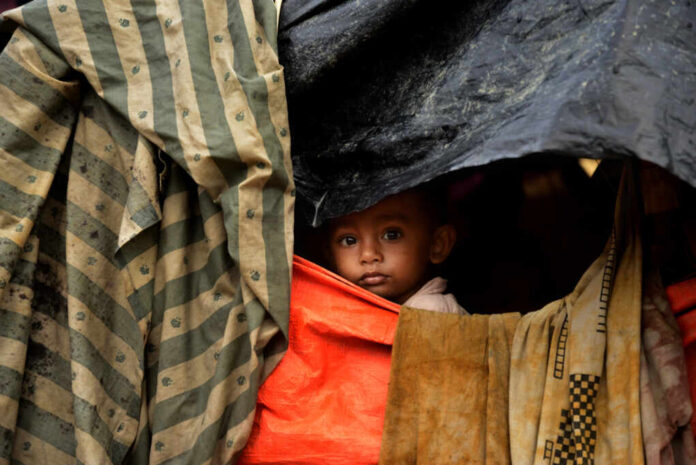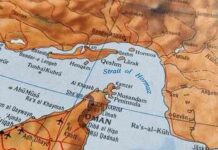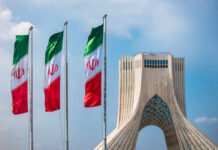
The UN scrambles to address a humanitarian disaster as Myanmar’s military junta continues its brutal persecution of this stateless Muslim minority.
Story Snapshot
- UN General Assembly convenes emergency conference on September 30, 2025, as Rohingya crisis escalates
- Child malnutrition surges 27% in Cox’s Bazar camps due to devastating aid cuts
- 150,000 additional Rohingya fled renewed Myanmar violence since early 2024
- Human rights groups warn against forced repatriation amid ongoing persecution
UN Conference Addresses Mounting Humanitarian Crisis
The United Nations General Assembly held a high-level conference on September 30, 2025, to address the deteriorating situation of Rohingya Muslims in refugee camps across Bangladesh and Asia. The emergency session comes as severe funding shortfalls have created life-threatening conditions for over 1.4 million displaced Rohingya. Conference organizers seek to develop a comprehensive plan for protection, justice, and potential voluntary return of refugees who have faced decades of systematic persecution in Myanmar.
Aid Crisis Threatens Vulnerable Refugee Population
Humanitarian conditions in Cox’s Bazar, the world’s largest refugee settlement, have reached alarming levels due to international donor fatigue and budget cuts. UNICEF reports a devastating 27% increase in children requiring emergency malnutrition treatment during early 2025. Schools have closed, basic medical services are being curtailed, and food rations reduced as aid agencies struggle to maintain essential operations with dwindling resources.
Watch: UN to hold Rohingya conference as refugee camps face aid crisis
Myanmar Violence Forces New Wave of Displacement
At least 150,000 Rohingya have fled renewed violence in Myanmar’s Rakhine State since early 2024, adding pressure to already overcrowded refugee camps. The escalation stems from fighting between Myanmar’s military junta and the Arakan Army, with both sides committing grave abuses against Rohingya civilians. This latest exodus compounds a crisis that began with the 2017 military crackdown, which the UN characterized as ethnic cleansing and forced over 700,000 Rohingya to flee.
International Community Faces Accountability Challenge
Human Rights Watch emphasizes that conditions for safe returns do not currently exist, warning against forced repatriation under present circumstances. The Rohingya remain stateless, denied citizenship in Myanmar and facing severe restrictions on movement, education, and employment. Previous UN resolutions and donor conferences have failed to secure sufficient funding or create durable solutions. This crisis exposes the limitations of international humanitarian systems when faced with prolonged displacement and systematic persecution by sovereign governments.
Sources:
Human Rights Watch – UN: Support Protection, Justice for Rohingya
UN General Assembly Concept Note – High-level Conference on the Situation of Rohingya Muslims
UN Foundation – High-level Conference on the Situation of Rohingya Muslims and Other Minorities in Myanmar

























